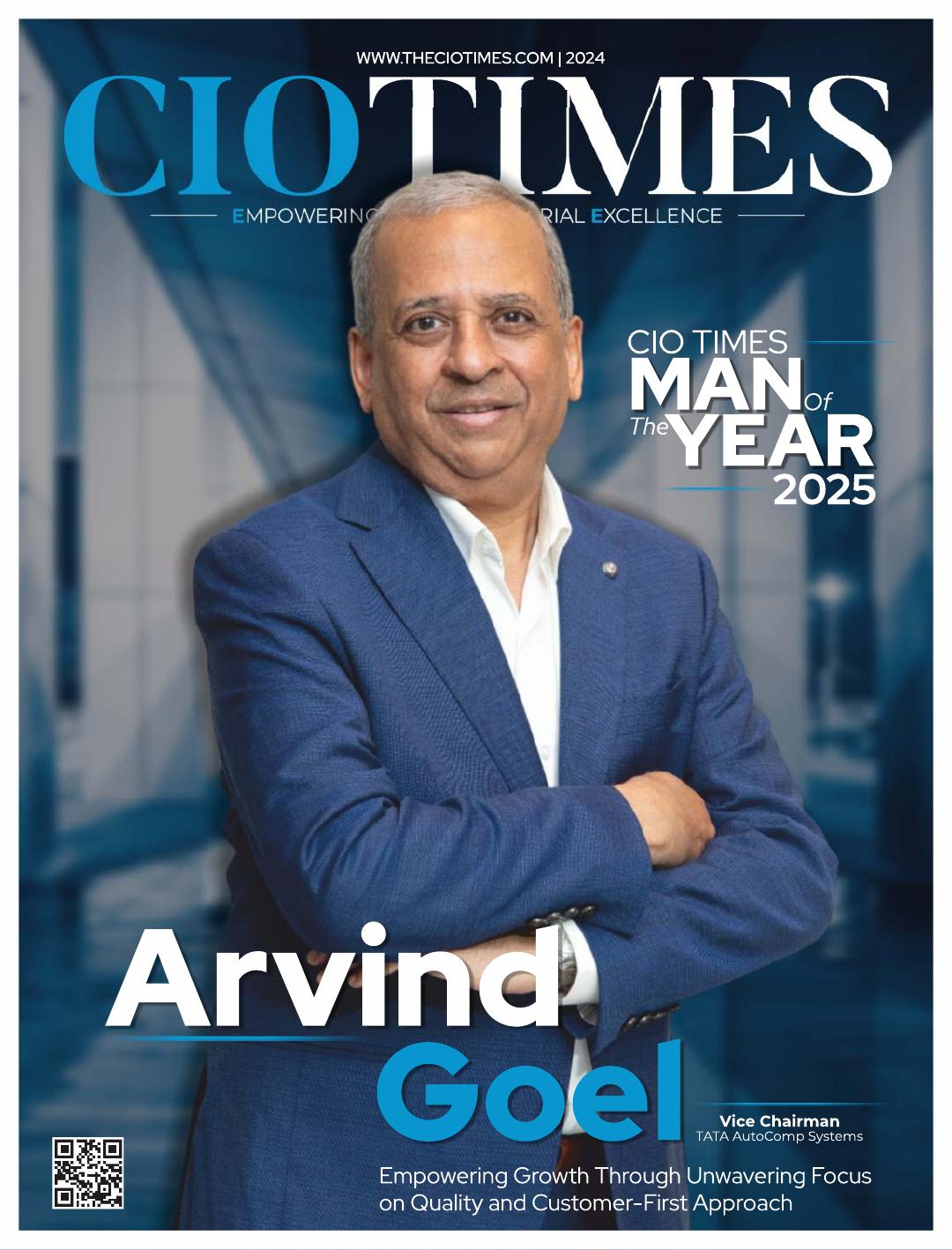The recent speech by former U.S. President Donald Trump in Saudi Arabia has sparked intense global discussion, shedding light on a significant shift in American diplomatic rhetoric. Addressing an audience of Muslim leaders in Riyadh, Trump took a markedly different tone compared to his previous hardline campaign messages, opting instead for one of unity and collaboration.
His remarks emphasized the need for a global coalition against terrorism, labeling it a “battle between good and evil” rather than a conflict between faiths. This pivot, many analysts suggest, was not only symbolic but strategically crafted to rebuild bridges with the Muslim world that were frayed during his presidential campaign.
Unity Against Terrorism Takes Center Stage
During his address, Trump urged Muslim-majority nations to “take the lead in combating radicalization,” offering the full support of the United States in these efforts. The speech outlined a vision in which Muslim nations work in tandem with the West to “drive out” extremists from their lands, both ideologically and physically.
In a departure from his usual tone, Trump avoided phrases such as “radical Islamic terrorism” and instead used more inclusive language. This rhetorical shift was widely viewed as an attempt to create a more cooperative environment and align with his hosts’ expectations and sensitivities.
He praised Saudi Arabia for hosting the summit and announced the launch of the Global Center for Combating Extremist Ideology, to be based in Riyadh. This center, Trump stated, would play a critical role in monitoring and countering extremist messaging online—a growing battleground in the fight against global terrorism.
Strategic Diplomacy and the Iran Subtext
Trump’s speech also subtly repositioned U.S. foreign policy in the region. He drew a clear line between responsible Muslim nations and those he accused of funding and harboring terrorism, indirectly referencing Iran. This strategic move signaled to America’s Gulf allies that Washington stands firmly with them in countering Iranian influence.
The speech’s tone and substance reflected a calculated outreach to regional partners, highlighting economic cooperation and arms deals worth hundreds of billions of dollars. Trump framed these agreements as investments in mutual security and prosperity, moving beyond transactional diplomacy to long-term strategic alignment.
Economic Partnerships Cemented Through Defense Deals
While critics questioned the sincerity of Trump’s tonal shift, supporters lauded it as a pragmatic rebranding necessary for effective diplomacy. The speech, by not alienating the audience with confrontational rhetoric, allowed Trump to strike a balance between tough anti-terrorism talk and cultural sensitivity.
In essence, Trump’s address in Saudi Arabia marked a pivotal moment in his foreign policy narrative—a transition from isolationist campaign trail rhetoric to a more engaged, alliance-driven approach. Whether this speech signals a lasting change or a temporary strategic maneuver remains to be seen, but its immediate impact on international perceptions of U.S. policy is undeniable.
In Conversation with Reem Algasim: Vision, Voice, and the Journey Within









